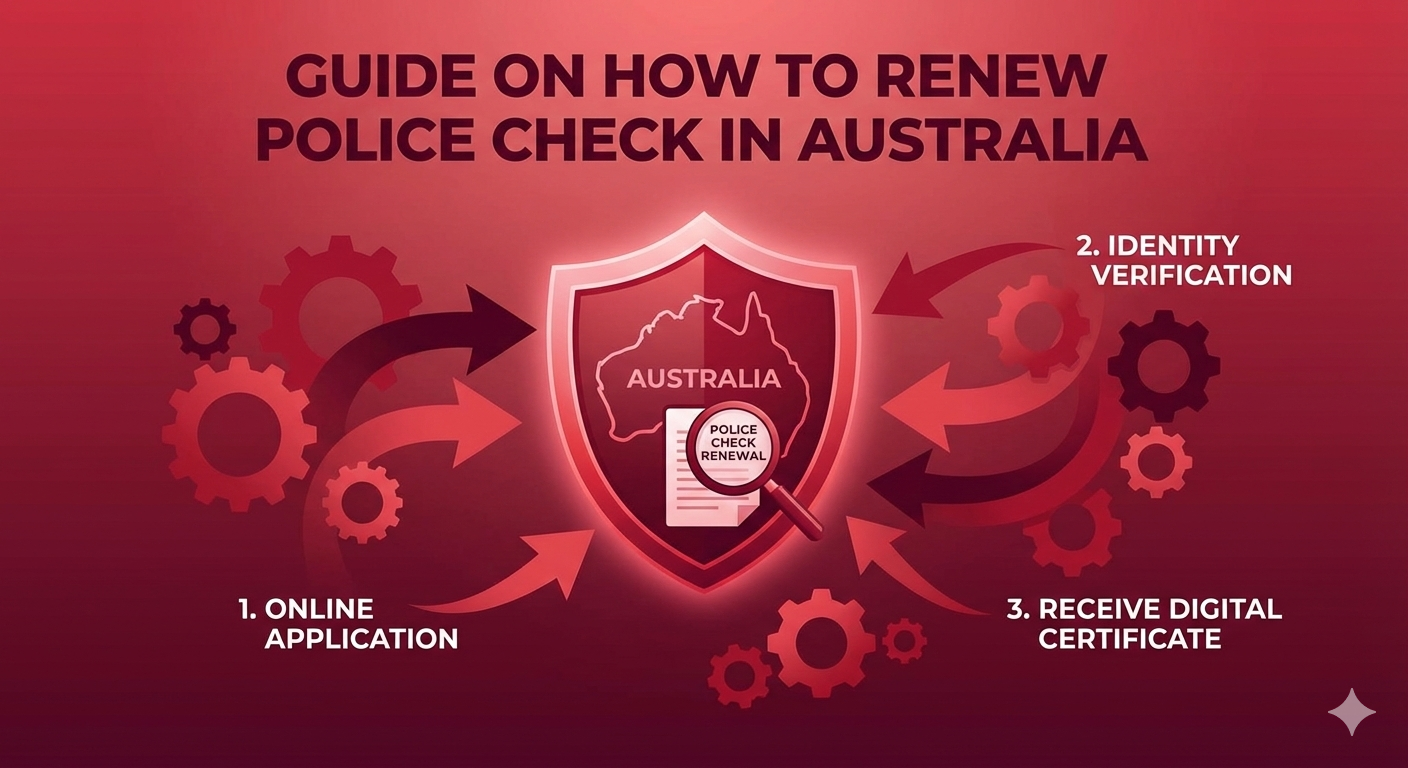It would be pertinent enough, from the fast-moving digital world amidst its extensive evolution, for one to appreciate the role and importance of social skills in our lives. Need it be said that the skills of the social factor, by the communication of thoughts, interaction with others, and steering oneself through situations, may play a vital role in personal and professional life. The changeable times of technology and social life have, however, obviously caused deterioration in these very principal skills. This decline, not just in personal or individual concern but involving things to do with societal development, is a big worry. Social skills are probably the very basis of human development: creation and maintenance of healthy relationships, cooperation in building cohesive communities.
It can be broadly defined as the ability of individuals to get along with one another. The range of abilities includes verbal and non-verbal communication, showing empathy and actively listening, conflict resolution, reading of social cues, etc. Social skills are developed or polished over the span of one’s life, right from early childhood to adult life. They truly project and identify various aspects about a person in his views of the world and the world’s view of him, from relations between friends and family to business networking and development of careers.
It cuts across the whole population despite posing more alarming problems in children and youths. With the fast-growing trend of social media use and the increase in the use of digital communication, face-to-face interactions have transformed into rare experiences. This type of interaction has potential grave effects on developing social skills of children since they are still in the process of learning the right ways to interact with the people around them.
The Impact on Social Skills for Children
Social skills in children are very fundamental to their all-round development. At the early stages of childhood, children obtain commands of how to communicate, partake in sharing, cooperation, and conflict resolution by having direct linkage to their peers and adults. Such experiences culminate as a very important part in their development of social competence, therefore helping them build meaningful relationships and successfully navigate social situations later in life. Unfortunately, at this time and age, a lot of children do not have these experiences due to increased screen time and digital interaction.
Overdependence on digital gadgets, according to researchers, is going to hugely hamper the development of social skills in children. A child would lose interaction more with people than with the screen. He would also not be able to read body language and learn how to empathize. Although these are essentially social relationship competencies, they are no less important in academic achievements when children are required to work in teams, consider different perspectives, and control their emotions.
Social Skills Training: An Intervention in Demand
This alarming downward trend being observed in social skills now creates an equal need for social skills training as an intervention measure. Social skills training refers to a program of structured lessons aimed at instructing people in effective ways of relating with others. These are the training programs that would most be helpful to children and young adults who, besides being hyperactive, miss out on the development of these skills quite naturally as an outcome of limited socializing.
Social skills training, on the other hand, emphasizes more the teaching of concrete social skills, such as eye contact, initiation of talk, and sensitivity to social cues. The programs also include role-playing activities done in groups with feedback, so the participants have the chance to practice and enhance such skills. This way, training develops confidence and competence in those individuals willing to learn how to navigate their way within social situations and helps them do so within a non-threatening environment most conducive to learning.
Examples of Social Skills: What Are We Losing?
Specific social skills examples can help highlight this decline better. Among the more important social skills lost in the world today is the ability to hold good conversations. This, owing to the ever-increasing use of text messaging and social media, is gradually getting eroded, with specific hostility from the younger generation. All the subtleties of verbal communication, such as tone, pacing, and the ability to answer in real-time, are lost in digital exchanges. This can be almost entirely fine, causing miscommunication with the other party, weakening bonding, and lowering abilities to connect with the other on deeper levels.
Take, for example, reading and reacting to the nonverbal: body language, facial expressions, and eye contact are major components of communication gotten through the digital format. A person accustomed to relate with others through the written word might in some ways be at a loss as the way to interpret such nonverbal signs and signals when relating face-to-face with others, hence leading to the misapplication of the intended meanings of words and hence a limited level of miscommunication and social awkwardness.
Another important social skill that is in peril is empathy. Empathy and feeling for another are part and parcel to understanding others, which makes forming close relations possible and gives ground for cooperation. However, digital contacts can make a sense of distance, which will later make emotional connections hard to get. A side effect of the same might be people getting less and less in tune with the needs and feelings of other people, hence exhibiting less empathetic behavior.
How to Build Your Social Skills: Ideas to Go the Other Way
Fortunately, social skills can be developed at any age if some conscious efforts and practices are made to it. For those who are concerned with the dwindling social skills, there are strategies about how to improve social skills and negate the ill effects of digital communication.
-
Engage in More Face-to-Face Interactions: Although there are many means of inculcating good social skills, engaging in more face-to-face interactions is the best. There is hardly a closer call than social skills with family or meeting physical friends to engage in group activities, and such experiences offer ideal opportunities to practice social skills in the real world.
-
Limit Screen Time: Bring down the amount of time on digital devices and focus more on person-to-person interaction. Make regulations around gadget time; for instance, avoid mobile phones during meals and socialization. This will help indulge in meaningful conversations and, hence, meaningful connections.
-
Active Listening: This social skill calls a person to get totally involved with the speaker, asks questions, and gives feedback. The process of how one can improve one’s self in understanding others and build rapport to develop stronger relations. Enroll for social skills training: Persons who feel much challenged in relation with others can enroll for social skills training. It’s such a structured support and guidance in learning defined social behaviors that aid a person to gain confidence to feel at ease when relating with others.
-
Group activities: Through clubs, sporting activities, or volunteering, an individual will be part of the group of activities that allow him or her to interact with others and exercise his or her social skills. These also develop the teamwork and cooperative skills indispensable to successful social interaction.
-
Social Interaction Reflection: Any social interaction can teach something only if time is taken to reflect over it. This will reveal to the people what is done wrong and how to do it right. If a person reflects on what was well done and could have been better in the social interaction, he or she becomes more aware and intentioned in social interaction.
-
Exercising Empathy: Empathy exercises are when one puts themselves in the other people’s shoes, empathizes with how they feel or what they think. This drive will help people relate better with others and have closer relationships in terms of support.
Societal Role in the Preservation of Social Skills
Social and life skills are best developed independently, but society also plays a big role in protecting and nurturing such vital skills. From educational institutions, to working environments and general societies, the environments for fostering these skills can be put in place.
It would, therefore, be highly essential to incorporate social skills training in the schools’ curricula to guarantee that children learn the correct skills from a tender age. Teachers would be able to train their students on how to effectively deal with people by drawing a classroom atmosphere that is founded on speaking, working together, and emotional understanding.
This, thus, makes professional development opportunities focusing on social skills training to be embedded by employers in the workplaces. Workers do gain from these through increasing their capacity and ability to better develop better working relations and teamwork within working environments, which translate to improvements in job performance. A working environment that fosters open communication, respect, and collaboration may be well-conducive for the staff to either acquire or maintain the needed social skills.
Communities are also a very good source of promoting social skills through the use of events, clubs, and activities that lead to socialization. In creating a sense of community, and getting others engaged with one another, this can also help to offset the loss of socialization and create even better social connections.
Conclusion
That is the Demise of Social Skills—the worrying state of things in today’s very digitalized world. The art of effective communication, relationship building, and situation maneuvering is being fast taken over.
FAQ’S
What does it mean to lack social skills?
Ans. Lacking social skills means having difficulty interacting effectively with others, leading to challenges in communication, building relationships, and navigating social situations.
Why are social skills important in life?
Ans. Social skills are crucial for building relationships, succeeding in careers, and overall well-being, as they help us connect, communicate, and collaborate with others.
How to develop social skills in students?
Ans. Rapid screening focuses on building social skills in students through interactive activities, role-playing, and personalized coaching
Do you need social skills?
Ans. Rapid screening services can help you enhance these skills, making it easier to communicate effectively, build meaningful relationships, and navigate social situations with confidence




